Adventures of a Sikh journalist who travels the globe for sports
Many unwarranted incidents happened to me in my long career as a sports journalist. Some were exciting. Others scared me to the bone.
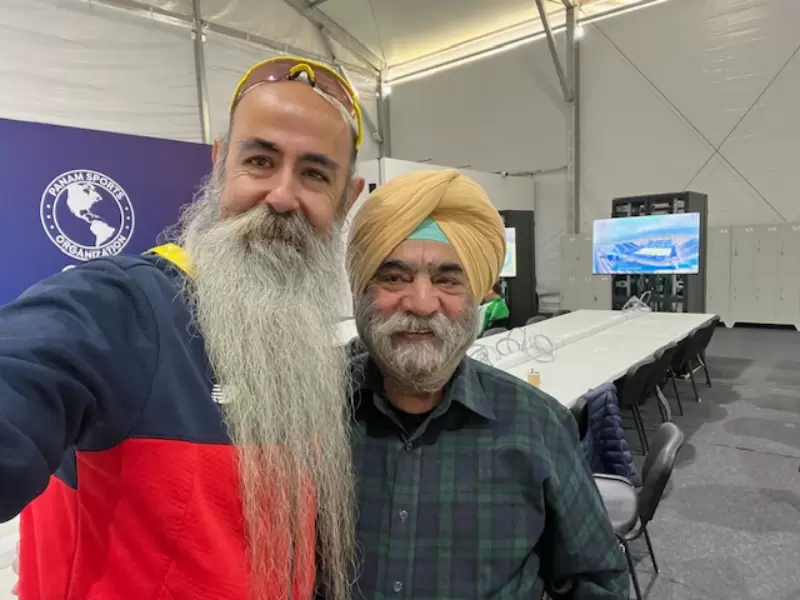 Apart from sports, Prabhjot (right) has written extensively about business and the financial markets, the health industry, the public and private sectors, and aviation. /
Apart from sports, Prabhjot (right) has written extensively about business and the financial markets, the health industry, the public and private sectors, and aviation. /
Traveling for sports is my passion. This passion has taken me to all continents and 30-odd countries that have hosted major sporting events, including the Olympic Games (both Winter and Summer), World Cups, Commonwealth Games, Asian Games, Pan American Games, and a plethora of other events over the last four decades.
Though the world leaders and even sports administrators keep on talking about gender equity and zero tolerance for racism, these oddities keep cropping up from time to time despite the best efforts by the organisers and authorities concerned.
I was in Italy last week, volunteering for the ceremonies of the upcoming 2026 Milano Winter Olympic Games. The other day, after finishing auditions for the ceremony, my wife and I were relaxing over a cup of coffee. Since it was a pleasant little morning, we decided to sit on the patio to watch the movement of weekend and holiday revelers.
There came three youngsters, presumably Italians, who occupied the table next to us. One of them had wrapped a big red banner around his shoulders, with a couple of slogans printed on it. Unmindful of their presence, we continued to enjoy our coffee. Suddenly, one of them broke the silence and pointed towards my turban, asking, “What is this?”
“My turban,” I replied with a smile. “Turban”? What’s that?” he asked. “This is Sikh religious wear,” I replied to satiate his inquisitiveness.
The boys, however, were not satisfied with my answers and started staring at us menacingly as if I had come from Mars. Their facial expressions turned scary. They looked at each other, and a disturbing smile crossed their faces at the same time.
Scarred as we were, we preferred to avoid them, quickly finished our brew, and walked away.
This was not the first incident of its type to happen to me during my five-decade-long career as a sports journalist. Some of these episodes were interesting and exciting; others scared me to the bones.
A turban check...Repeated security checks at airports are sometimes annoying. Fully convinced that such checks are for our safety and security, I never refuse or resist them.
A tiny beep while walking through a metal detector was enough for the security staff at the Brussels International Airport to ask me to step aside. A senior security official, carrying a handheld metal detector, appeared from nowhere to check me again before asking me to take off my turban for scanning.
“What for?” I asked, shocked at the turn of events, “You can move your metal detector or have a swab check of my turban.” But he insisted that I take off my turban. He pointed towards an adjoining mirror-fitted room, saying I could tie my turban afresh after the scan.
All my suggestions for a “turban check without the humiliation of taking it off” failed to convince him. He insisted that I move to the special room, take off my turban, stay inside, and, after the test, tie it back on. “I have to do my duty,” he said apologetically, pointing in the direction of the room. Following me in the queue were several turbaned Sikh passengers.
Caught both in a piquant and an embarrassing situation, I quietly walked to the room. A security official carrying a tray followed me and asked me to put my turban in the tray, which was then passed through a scanner before being handed back to me.
Still shocked, I picked up my turban and tied it again before walking out. As I picked up my handbag, another security official, a woman, wanted to look inside it. Besides some organic butter, I had a small steel needle (baaj) in my kit bag. The senior security official, who had earlier asked me for a turban check, intervened and asked her to allow both the butter and the needle, as it was used to tuck the hair inside the turban.
I then moved towards the departure gate, avoiding any further conversation with the security staff.
Normally, I avoid carrying a baaj in my kit, as once earlier, at an airport in North America, the security did not even allow a nail clipper. This time, however, I missed checking the kit. But security allowed this sharp, six-inch steel needle into my carry-on baggage.
As I sat at the gate waiting for the boarding to start, I wondered if any of the other Sikh passengers experienced similar humiliation.
I was reminded of a conversation I had with a Canadian MP, a clean-shaven Sikh, who had issues with security personnel at Canadian airports. Once, he was singled out from the official parliamentary delegation to undergo a special security check. Irked by the security picking on him every time he flew, he threatened to raise a privilege motion in the House of Commons.
Walking to a duty-free shop selling multipurpose Swiss and other knives, he called for the security chief for an explanation of how lethal knives were being sold in the security zone. The security chief was taken aback.
Though subsequently all duty-free shops were checked and asked to remove knives from their sale counters, forks and knives are freely available at all eateries in departure lounges for any anti-social element to pick and abuse, the MP insisted, taking a dig at “foolproof” security at airports worldwide.
Recalling his experiences came as a consolation to me, though only temporarily.
It was no less than terrorism.
Here is another terrifying episode. It happened in Rio de Janeiro during the first-ever summer Olympic Games being hosted by a South American nation.
It was hours after I heard the International Olympic Committee chief Thomas Bach proudly proclaim: “In this Olympic world we are all equal. In this Olympic world, we see that values of our shared humanity are stronger than the forces that want to divide us." I had my first experience of how dreadful racial terrorism could be.
It happened in Rio, the Olympic city, at the end of the opening ceremony. I was traveling back to my temporary abode in Recreio. Sporting a turban and looking different from the rest of the passengers, it was but natural for me to be the cynosure of all eyes.
Brazil does not have a large Sikh population. Only a month before the 2016 Olympic Games, they opened the first Gurdwara in São Paulo. The Olympics have, however, attracted 50-odd turban-wearing Sikhs to Rio, of which the majority are part of the Indian contingent, while some, including former Kenyan captain and Olympian Avtar Singh Sohal, were there to witness the games.
In fact, my host, Guaraciara Remo, had asked me to be extra careful while travelling late at night. I felt that since the army and security forces were deployed everywhere, public transport could be the safest bet for late-night travel, especially from events like opening or closing ceremonies. Within the Olympic ring, one feels safe and secure with lots of volunteers around.
Though some of the volunteers were also travelling with me on the overcrowded bus, some youngsters, while looking at me, were making provocative gestures. Since they were speaking Portuguese and directing their tirade against me, I mistook their loud mutterings for appreciation.
Without knowing what was going on, I kept smiling until a sensible Brazilian got up from his seat and asked for a picture with me. He probably wanted me to feel comfortable and secure. After the picture, the actions of one of the hostile boys became threatening as he started folding his hands as if seeking my forgiveness.
"They think you are carrying a bomb," whispered the guy who had taken the photo with me. "But do not worry, your station has come," he tried to console me. Another Brazilian couple who had to get off at the same station also signalled me to get down while the bus had halted outside the regular bus stop. I was confused.
I, however, decided to take a chance and jumped out of the bus. The boy who was acting as a provocateur also jumped out. Naturally, I was scared. But before anything could happen, a middle-aged Brazilian, who also alighted from the bus, walked up to me and offered to escort me. Though his home was two blocks away, he escorted me to my apartment.
Apart from this incident, the vast majority of Brazilians are warm, friendly, and helpful. I have lost count of requests for photographs with me in the first four days of my sojourn in Rio.
Hatred has no place in the Olympics.
Tailpiece: At the last summer Olympic Games in Paris, I became the first Sikh with a turban to be celebrated by the International Sports Journalists Association (AIPS) for covering 10 Olympic Games. Only a year earlier in Santiago, I met for the second time a Chilean sports medicine expert, Michel Texier, whose claim for a much longer beard than mine I could not dispute.
(Prabhjot Singh Paul is a Toronto based award winning independent journalist.)
(The views and opinions expressed in this article are those of the author and do not necessarily reflect the official policy or position of New India Abroad)
ADVERTISEMENT
ADVERTISEMENT
E Paper
Video



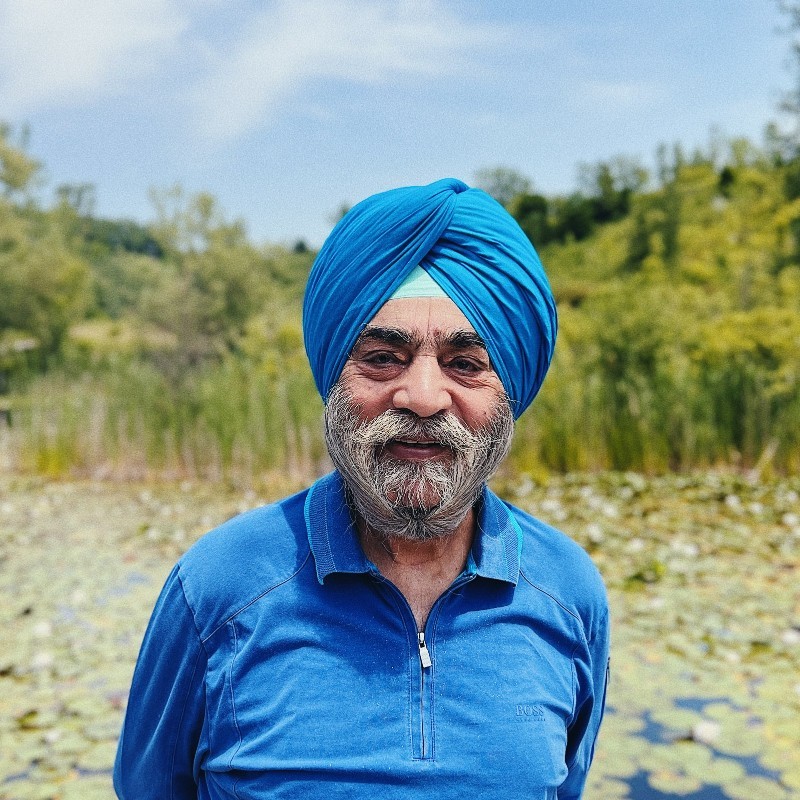 Prabhjot Paul Singh
Prabhjot Paul Singh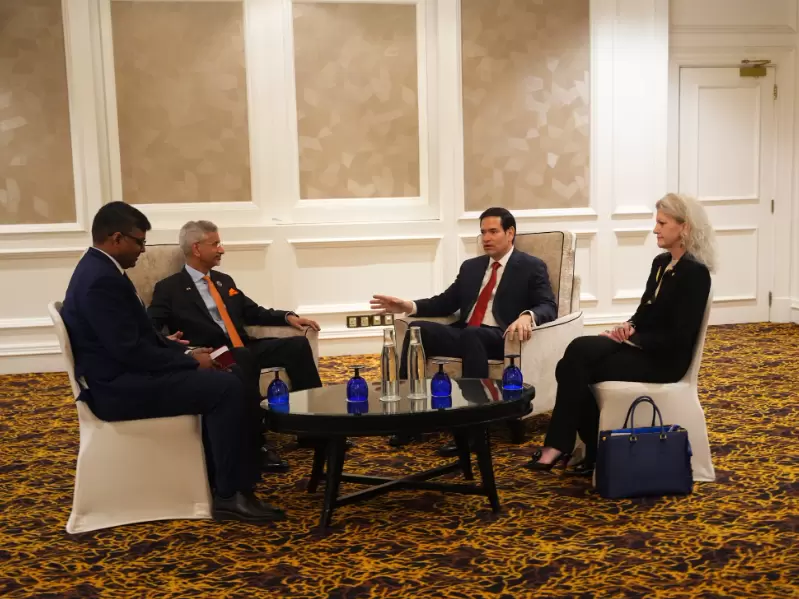


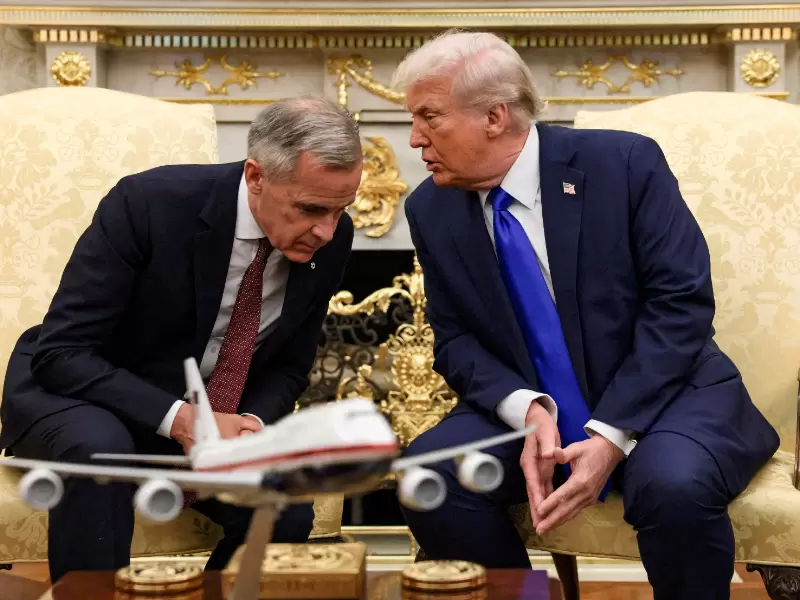

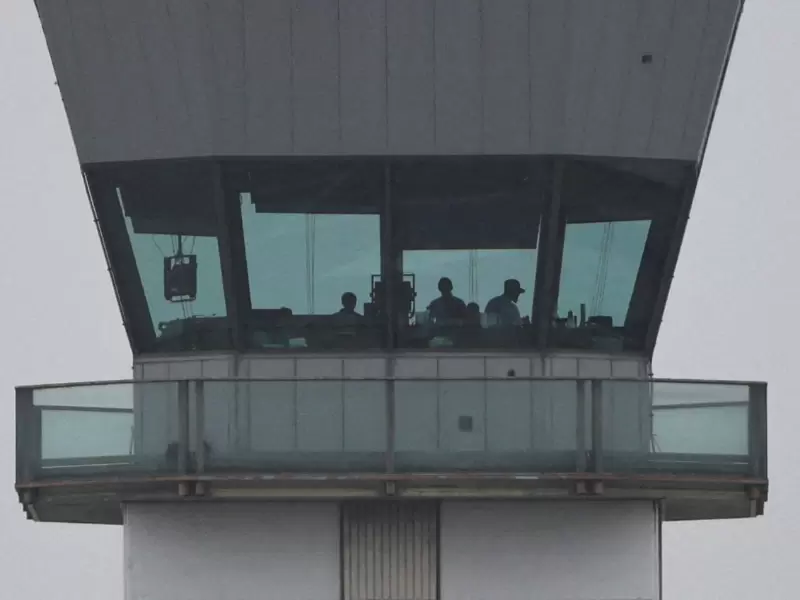
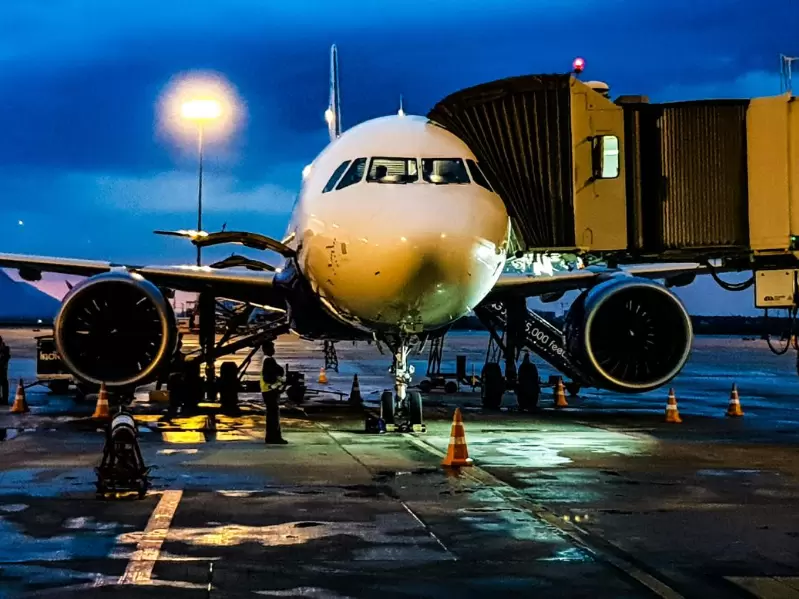
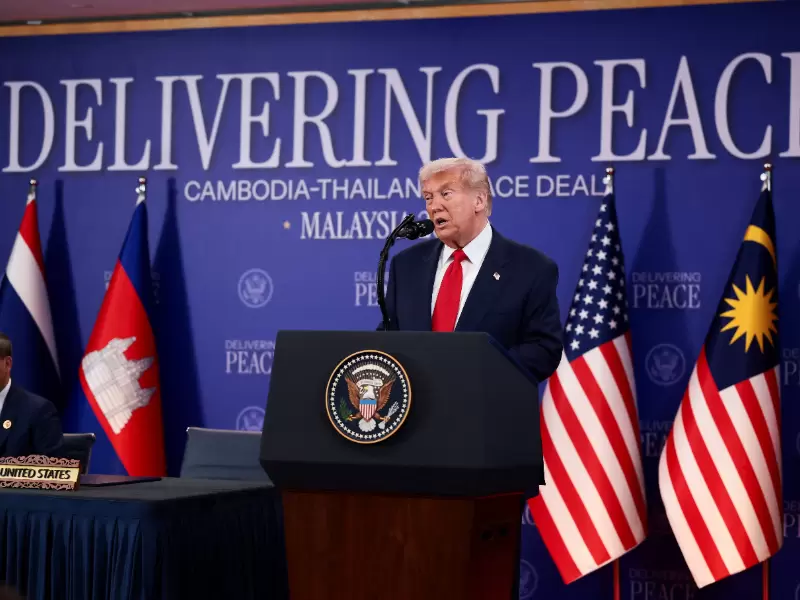
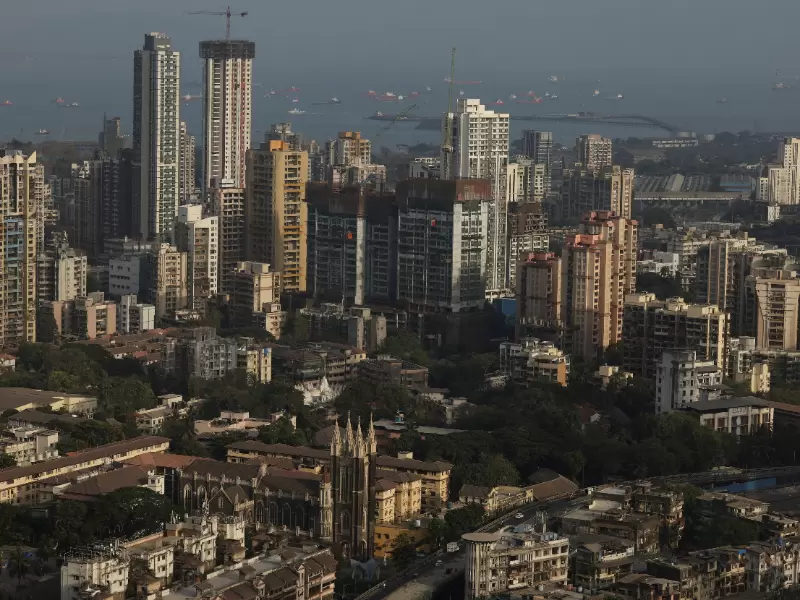
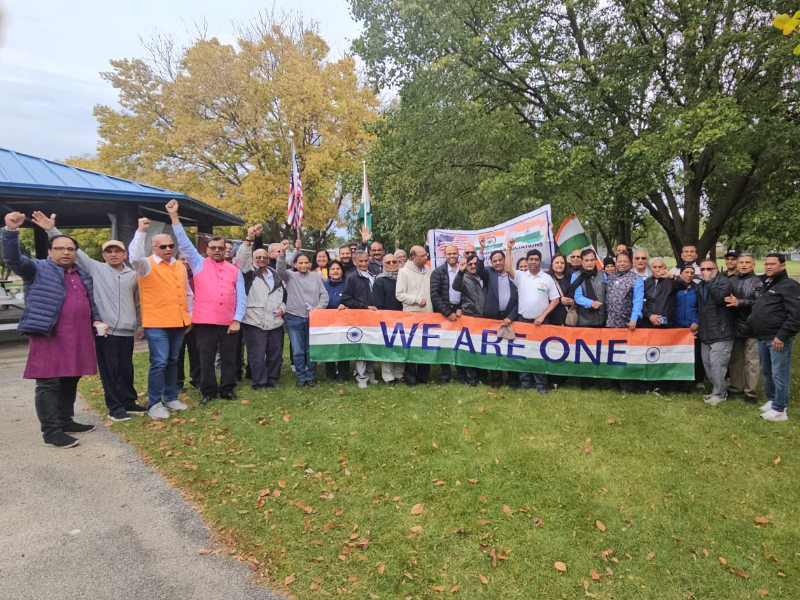
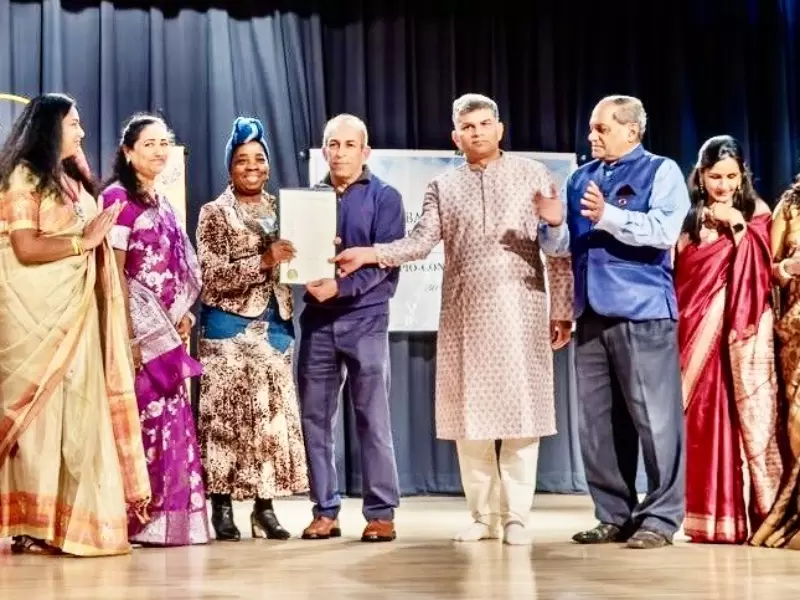



Comments
Start the conversation
Become a member of New India Abroad to start commenting.
Sign Up Now
Already have an account? Login